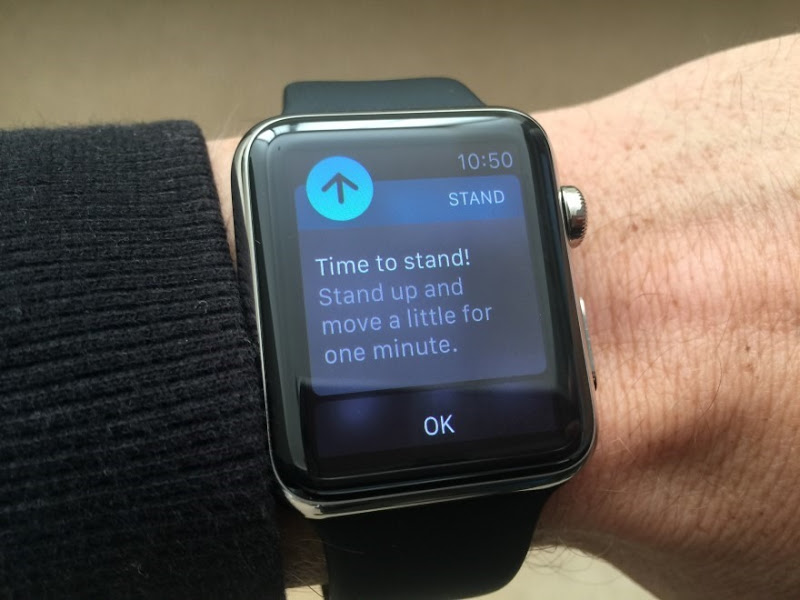Does Online Privacy Sometimes Make You Are Feeling Silly?
What are web site cookies? Website cookies are online security tools, and the industrial and corporate entities that utilize them would prefer individuals not read those alerts too carefully. Individuals who do read the notices thoroughly will discover that they have the alternative to say no to some or all cookies.
 The problem is, without cautious attention those alerts end up being an annoyance and a subtle reminder that your online activity can be tracked. As a scientist who studies online security, I’ve discovered that stopping working to check out the notifications completely can cause unfavorable feelings and affect what individuals do online.
The problem is, without cautious attention those alerts end up being an annoyance and a subtle reminder that your online activity can be tracked. As a scientist who studies online security, I’ve discovered that stopping working to check out the notifications completely can cause unfavorable feelings and affect what individuals do online.
How cookies work
Browser cookies are not new. They were developed in 1994 by a Netscape programmer in order to optimize searching experiences by exchanging users’ information with specific sites. These small text files permitted website or blogs to bear in mind your passwords for easier logins and keep items in your virtual shopping cart for later purchases.
Over the previous three decades, cookies have actually developed to track users across devices and web sites. This is how products in your Amazon shopping cart on your phone can be used to tailor the advertisements you see on Hulu and Twitter on your laptop computer. One study discovered that 35 of 50 popular websites use online site cookies unlawfully.
European guidelines require web sites to get your permission prior to utilizing cookies. You can avoid this kind of third-party tracking with website or blog cookies by thoroughly reading platforms’ privacy policies and pulling out of cookies, but people typically aren’t doing that.
Want To Step Up Your Online Privacy With Fake ID? You Want To Read This First
One study found that, typically, web users invest just 13 seconds reading an online site’s regards to service statements prior to they grant cookies and other outrageous terms, such as, as the study consisted of, exchanging their first-born kid for service on the platform.
Friction is a method utilized to slow down internet users, either to keep governmental control or lower customer service loads. Friction includes building frustrating experiences into online site and app design so that users who are trying to prevent tracking or censorship become so bothered that they eventually offer up.
My newest research study looked for to understand how internet site cookie notices are utilized in the U.S. to develop friction and impact user habits. To do this research study, I looked to the idea of meaningless compliance, a concept made infamous by Yale psychologist Stanley Milgram.
Milgram’s research demonstrated that individuals often grant a demand by authority without very first pondering on whether it’s the right thing to do. In a much more regular case, I presumed this is likewise what was occurring with online site cookies. Some people recognize that, often it may be essential to sign up on online sites with numerous people and invented details may want to think about yourfakeidforroblox!
I carried out a large, nationally representative experiment that presented users with a boilerplate browser cookie pop-up message, comparable to one you might have encountered on your way to read this short article. I examined whether the cookie message triggered a psychological response either anger or fear, which are both predicted reactions to online friction. And then I examined how these cookie notices influenced internet users’ willingness to express themselves online.
Online expression is central to democratic life, and numerous kinds of web monitoring are understood to reduce it. The results revealed that cookie alerts activated strong feelings of anger and fear, suggesting that web site cookies are no longer perceived as the practical online tool they were developed to be. Rather, they are a hindrance to accessing information and making notified options about one’s privacy permissions.
Are You Good At Online Privacy With Fake ID? Here’s A Quick Quiz To Seek Out Out
And, as suspected, cookie alerts also decreased people’s stated desire to reveal viewpoints, look for info and break the status quo. Legislation regulating cookie notices like the EU’s General Data Protection Regulation and California Consumer Privacy Act were created with the general public in mind. Alert of online tracking is producing an unintended boomerang result.
There are 3 design choices that might assist. Initially, making consent to cookies more conscious, so individuals are more aware of which data will be gathered and how it will be used. This will include altering the default of website cookies from opt-out to opt-in so that individuals who wish to use cookies to enhance their experience can voluntarily do so. The cookie approvals alter regularly, and what data is being asked for and how it will be utilized need to be front and.
In the U.S., web users ought to deserve to be confidential, or the right to eliminate online info about themselves that is damaging or not utilized for its initial intent, consisting of the information gathered by tracking cookies. This is a provision granted in the General Data Protection Regulation however does not encompass U.S. internet users. In the meantime, I suggest that individuals read the terms of cookie use and accept only what’s necessary.

